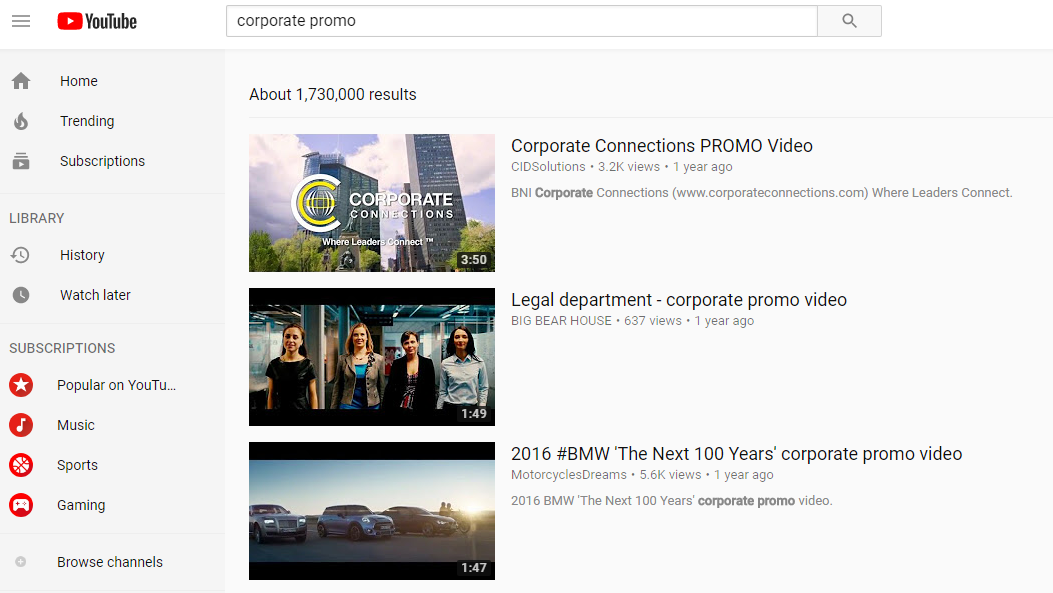Product videos are the most common format, according to the Demand Metric/Vidyard report
Video continues to grow in importance as a content type, but marketers can better deploy more sophisticated analytics to track its performance.
That's a main finding of a survey by research firm Demand Metric and video solutions provider Vidyard.
The annual study, which drew on 159 responses of marketers across a range of different-sized companies, found that the creation of video for marketing purposes grew for the fourth consecutive year.
Product videos were the most common format, created by two-thirds of respondents, closely followed by demos and explainer videos.
The creation of video separate from a company's products and services was less usual, and perhaps represents an opportunity for marketers looking to differentiate.
Despite the increased creation of video assets, the majority of marketers remain in basic mode when it comes to assessing video's performance, tending to focus on surface-level engagement metrics such as views and likes.
Although the proportion of respondents not using any analytics to track video performance was lower than one in seven, the study found no material increase year-on-year in the deployment of intermediate to advanced analysis.
According to the survey, videos are being used widely across many channels including websites, social media, YouTube, webinars, and email. Most companies reported using a mix of internal and external resources to create them.
“Although the proportion of respondents not using any analytics to track video performance was lower than one in seven, the study found no material increase year-on-year in the deployment of intermediate to advanced analysis.”
Overall, 54% of respondents said video converted somewhat better than other content types. Additionally, those companies that integrated video metrics into their marketing automation and CRM platforms were able to demonstrate higher ROI as a result.
The study also pointed to an increase in the number of videos made by smaller businesses, suggesting that a reduction in video production costs is making the content type more accessible to SMBs.
Although video is a popular and engaging content format, marketers must remember not to start creating video for video's sake.
Decisions to create any content should form part of your organization's documented content marketing plan.


